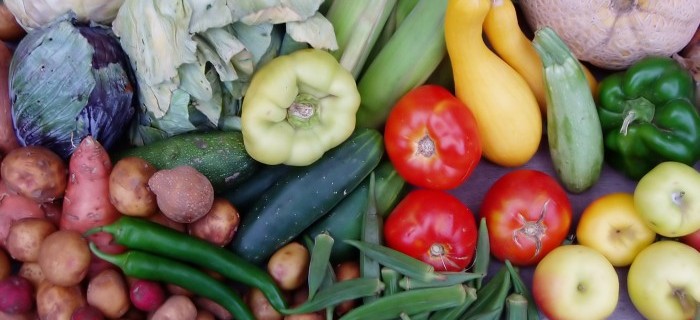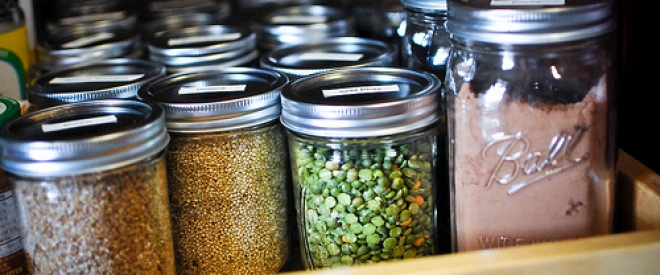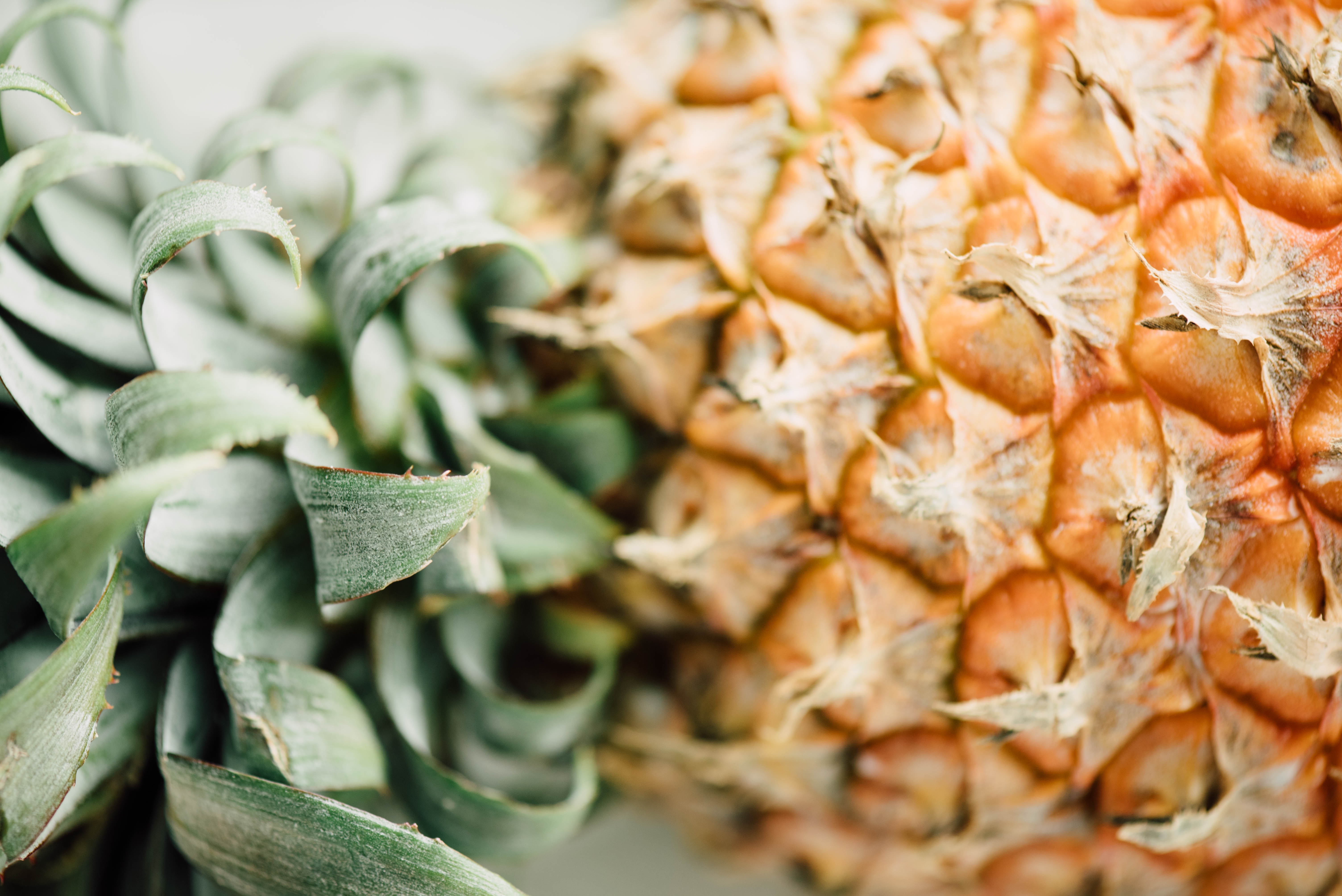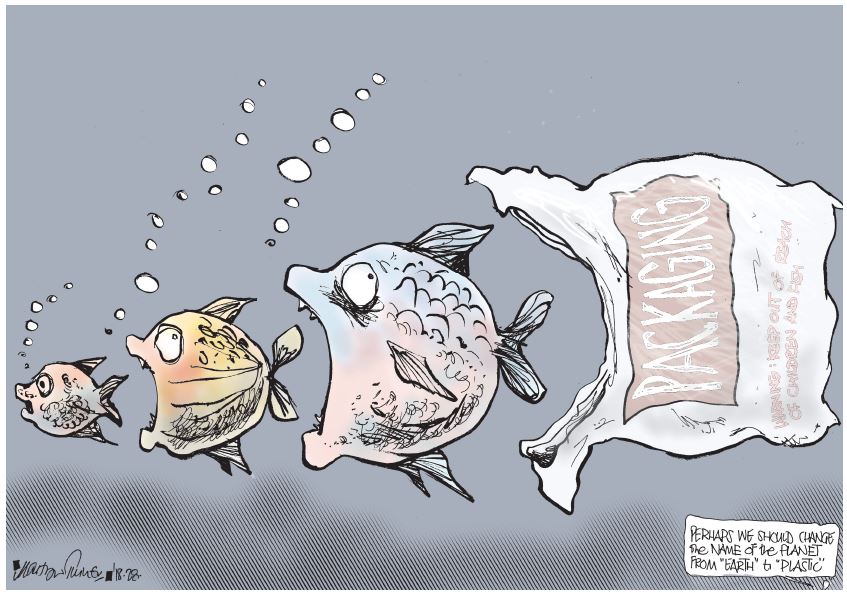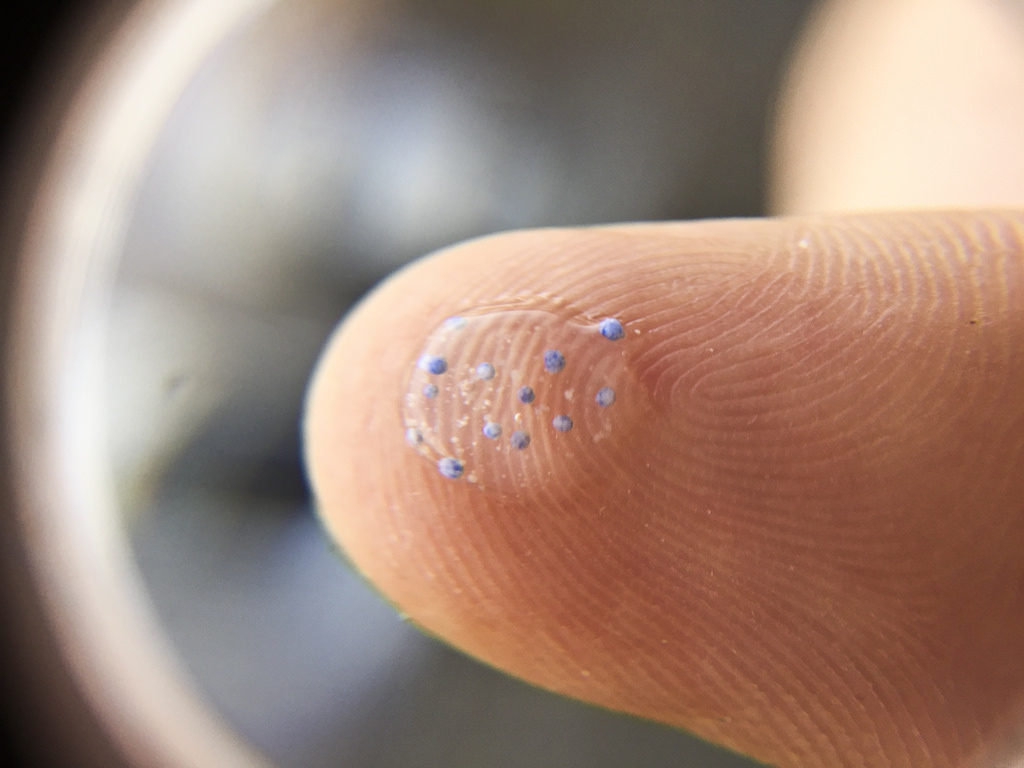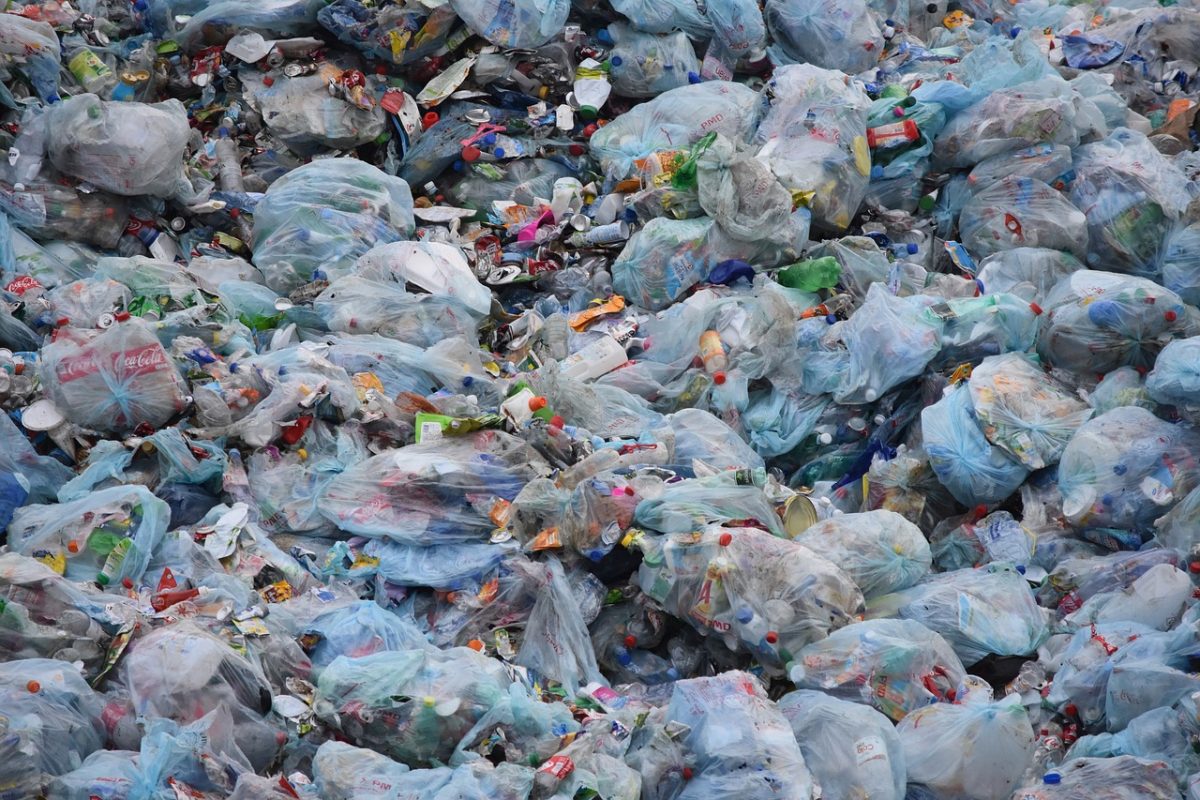Most plastic created since 1950 dumped into the environment

July 21st, 2017
Humans have produced 8.3 billion tonnes of plastic in just shy of seven decades and most of it has been dumped into the environment.
That’s according to a new study published in the journal Science Advances and conducted by a team of US scientists from UC Santa Barbara, University of Georgia and the Sea Education Association.
The researchers calculated that by 2015, the world had produced 6.3 billion tonnes of plastic waste – equivalent to the mass of 620,000 Eiffel Towers or 60 million blue whales.
Shockingly, only 9 per cent of this plastic waste was recycled and 79 per cent went to landfill or found its way into the environment. The remaining 12 per cent was incinerated.
Tipping point
The main author of the study, Dr. Roland Geyer, and his co-authors join the plethora of scientists and environmentalists warning that we have a global crisis on our hands.
“We are increasingly smothering ecosystems in plastic and I am very worried that there may be all kinds of unintended, adverse consequences that we will only find out about once it is too late,” said Geyer in an interview with the Guardian.
Their study used global data on production, use, and end-of-life fate of different types of plastics – polymer resins, synthetic fibers and additives – between 1950, when widespread plastic production began, and 2015.
In 1950, about 2 million tonnes of plastic was produced. By 2015, that figure was 400 million tonnes.
These durable, versatile petroleum-based products brought about nothing short of a revolution in industry and in everyday life.
However, plastics also define our throw-away society and have become pervasive in the environment.
As this consumerist lifestyle has spread throughout the globe, so too our plastic addiction has spread from the US and Europe to other nations.
Much of the exponential growth in plastic production over recent years – 50 per cent of all plastic ever made up until 2015 was produced in the preceding 13 years – has resulted from population growth and consumerism in rapidly ‘modernising’ Asian countries.
Based on current trends, Geyer and his co-authors predict we will produce about 12 billion tonnes of plastic waste by 2050.
From blue planet to plastic planet
The same team of researchers also published a landmark study in the journal Science in 2015 showing that much of our plastic waste – about 8 million tonnes in 2010 – ends up in the world’s oceans.
This, along with other studies, led to a report from the Ellen MacArthur foundation last year that predicted that there could be more plastic in our oceans than fish by weight by 2050.
We are only really starting to get a grip with how plastic debris and particles impact marine wildlife and ecosystems and more research is needed.
What we do know is frightening. We see increased mortality in many species due to ingestion and entanglement, substantial toxic and reproductive effects along food chains and we are routinely finding plastic in the seafood that makes its way onto our own plates.
What scientists will reveal in the coming months and years will very likely paint an even more bleak picture.
Rethinking our relationship with plastic
This latest report by Geyer and his team comes on the crest of a wave of evidence now highlighting the scale of the plastic pollution crisis that we have created for ourselves.
“We are rapidly heading towards ‘Planet Plastic’, and if we don’t want to live on that kind of world then we may have to rethink how we use some materials, in particular plastic,” Geyer said in an interview with BBC News.
Two reports earlier this year from the Environmental Protection Agency and Coastwatch Europe highlighted the scale of the plastic pollution problem in Ireland’s freshwater and marine environment.
The vast majority of plastic waste comes from single use bottles, containers and packaging. According to the Guardian, about one million plastic bottles were bought every minute last year.
As with any problem, the best solution is to get to the very source of it. We need to stem the flow of plastic into our waste stream and into the environment.
Recognising this, the Green Party and Labour are co-sponsoring a bill that, if implemented, would see a deposit-refund scheme for plastic, aluminium and glass drinks containers being introduced, as well as a ban on non-biodegradable coffee cups.
The scientific evidence and scale of the problem is now well-established; we need to move from our laissez faire approach to collective action.
If not, perhaps one of the only mid-century ‘targets’ reached will be the 12 billion tonnes of plastic waste polluting our land, rivers and oceans.
[x_author title=”About the Author”]
